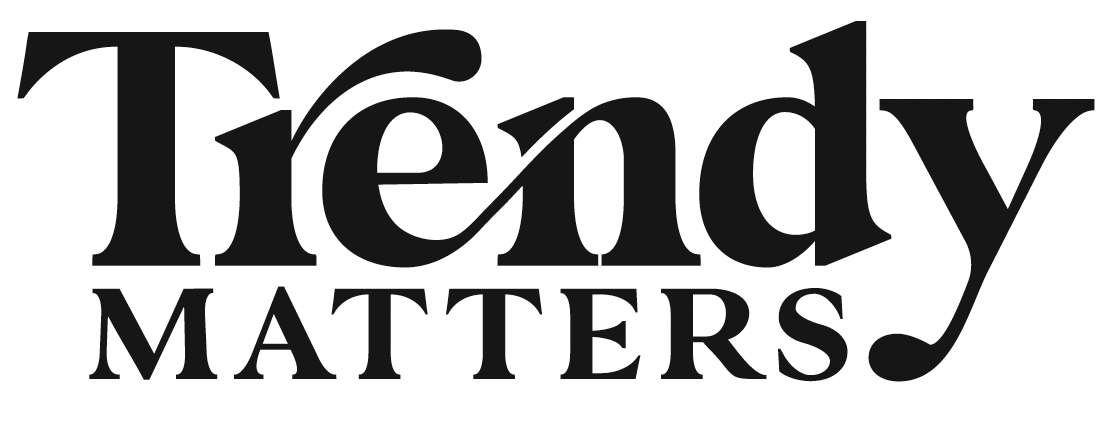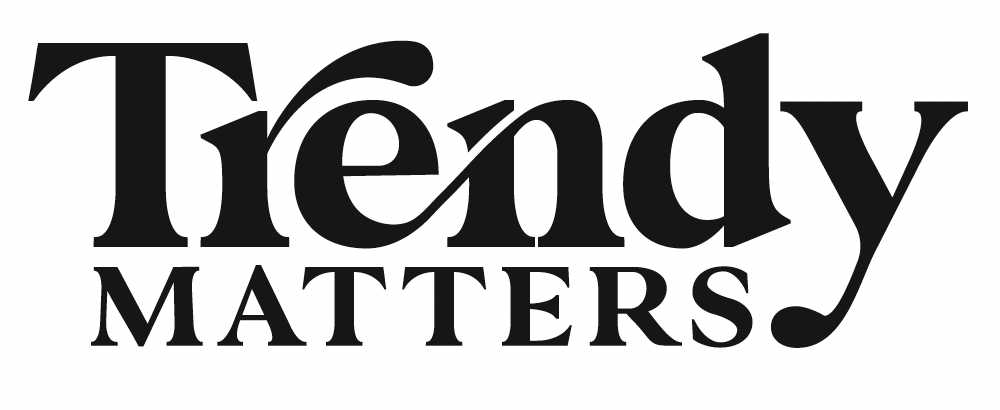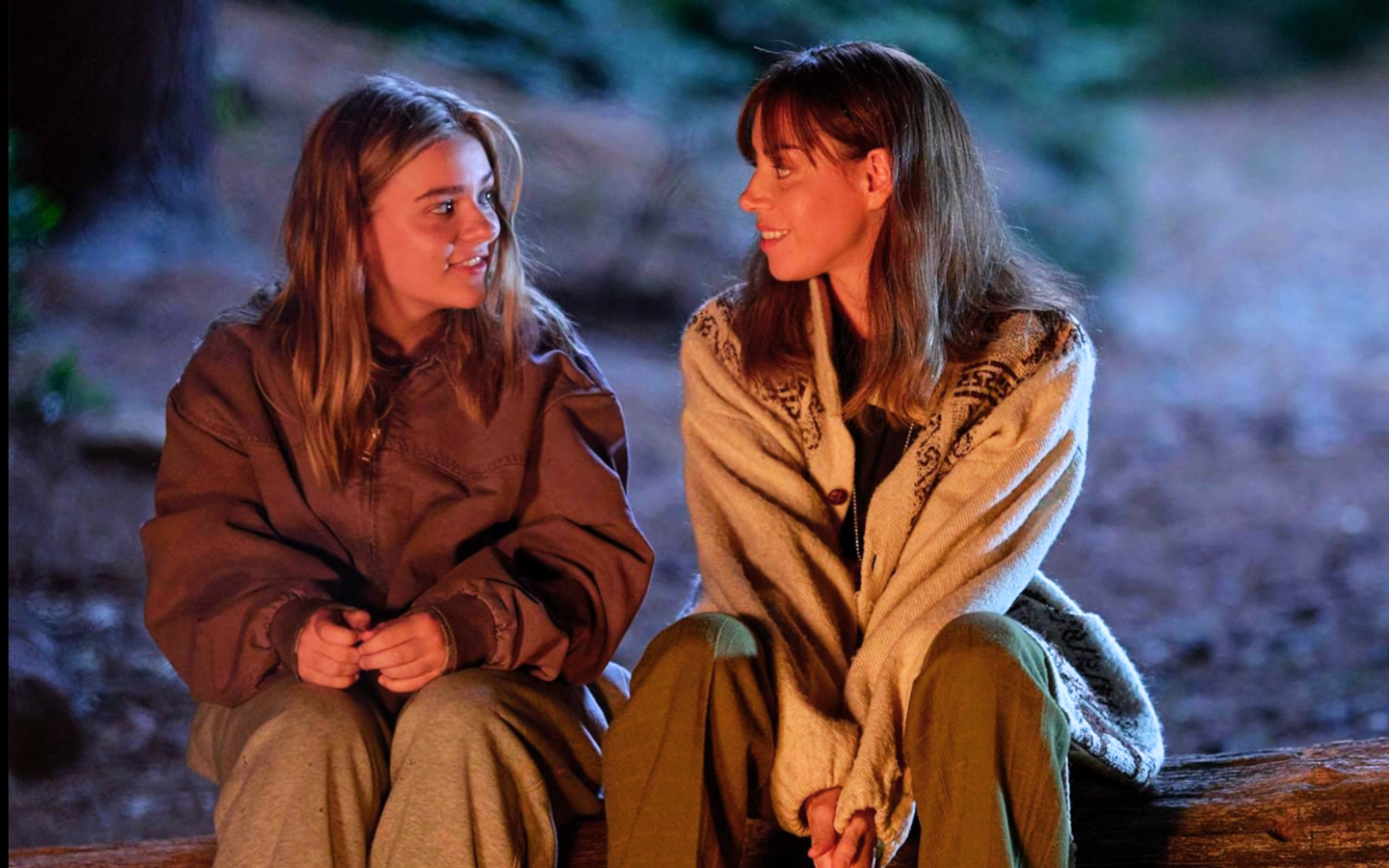The following contains spoilers for 2024’s My Old A*s
One movie has been generating a lot of productive discourse online about life, relationships, love, and loss: My Old A*s. The so-called “comedy” is actually laced with poignant reflections on living in the moment, taking chances, and cherishing time with loved ones, all while confronting the harsh truth that the cost of love, is grief.
The film, produced by Margot Robbie and Tom Ackerley, stars Maisy Stella and Aubrey Plaza and first premiered at the prestigious Sundance Film Festival earlier this year.
Beyond Aubrey Plaza’s undeniable draw (seriously, who doesn’t love her?), My Old A*s mixes sharp comedy with emotional food for thought that’ll stick with you long after the credits roll—and might just inspire a hug for someone you care about.
Mushrooms, Memories, and Maybe a Little Regret
Elliot (Maisy Stella), 18, spends her last summer at home before college, caught between youthful optimism and the uncertain future that awaits in the city.
After eating mushrooms—a flimsy plot device, but it gets the job done—Elliot meets her 39-year-old self (Aubrey Plaza). The older Elliot is more subdued, prompting her 18-year-old counterpart to remark that she “doesn’t seem happy.”
The 39-year-old Elliot, careful not to disclose the surprises of life, nudges her 18-year-old self toward choices that will shape their shared future: spending more time with family, savoring the beauty of the Ontario farm they grew up on, wearing her retainer more often.
Above all, the older Elliot cautions her younger self to steer clear of a blossoming romance with Chad, a handsome new face in town staying with his grandparents nearby.
Spoilers ahead: The 18-year-old Elliot takes much of her 39-year-old self’s advice to heart. She spends more time with her family, strengthens her bond with her brother, helps out around the farm with chores, and even wears her retainer—an unexpected but charming act of self-discipline.
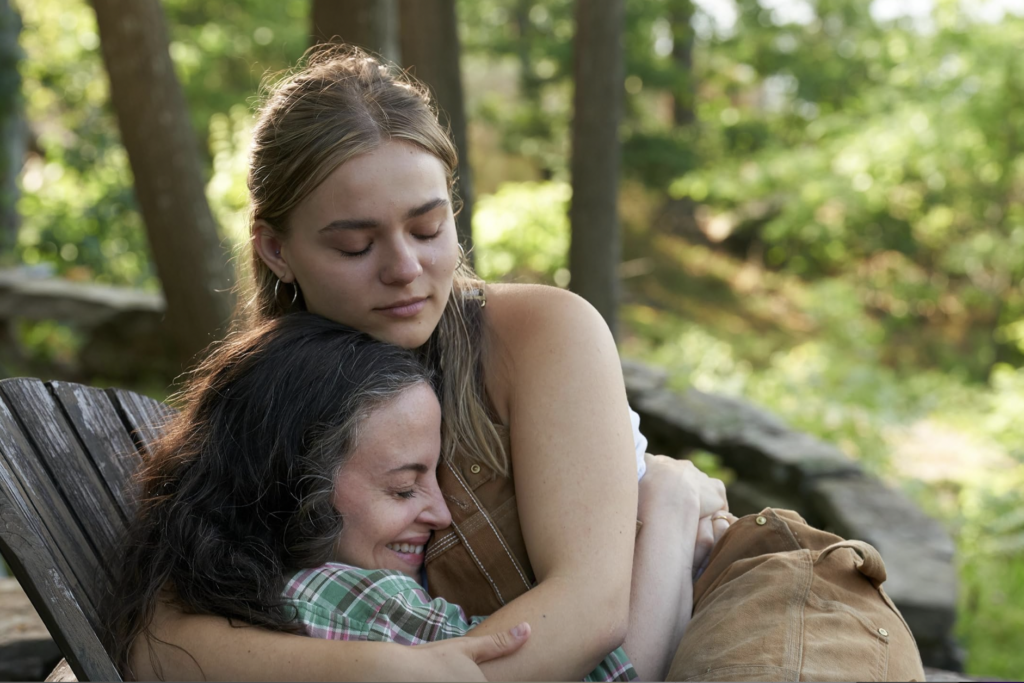
Despite the younger Elliot’s best efforts to steer clear of Chad, especially after her future self’s cryptic warning, their paths continue to cross in the small, rural town. Chad’s warm, generous nature gradually chips away at Elliot’s resolve, and she finds herself falling for him anyway. Their love story, it seems, is destiny.
What We Keep From What We Lose
When the older Elliot learns that her younger self has succumbed to Chad’s charm, she reveals the tragic truth that lies ahead: Chad has passed away.
Chad’s death shatters the elder Elliot, who is still trying to pick up the pieces. She is unhappy, as her younger self notices almost immediately.
Elliot’s grief colors everything, making even the happiest memories of her time with Chad feel like painful reminders of what was lost. She’s desperate to spare her younger self from that heartache, trying to prevent the connection, the cause of the pain she is suffering.
In many aspects of life, we pay the price first, then reap the rewards. We put in the work, then get paid. We exercise, then feel healthier. This structure—paying the cost up front and savoring the benefits later—is what we’re most familiar with.
But love flips this structure on its head. We receive the reward first—the joy, the connection, the intimacy—and only later do we pay the price. The deeper the love, the steeper the toll.
Despite the devastating revelation, 18-year-old Elliot’s connection with Chad deepens, and she resolves that even knowing the inevitable pain ahead, she wants to love him and savor every moment they have together, to the dismay of 39-year-old Elliot.
Whose Timeline Is It Anyway?
Though the film unfolds in 18-year-old Elliot’s timeline, it ultimately acts as a metaphor for 39-year-old Elliot’s struggle to cope with loss. The events aren’t the result of a bad mushroom trip, they are Elliot reliving her memories with Chad—especially that transformative summer when they first met.
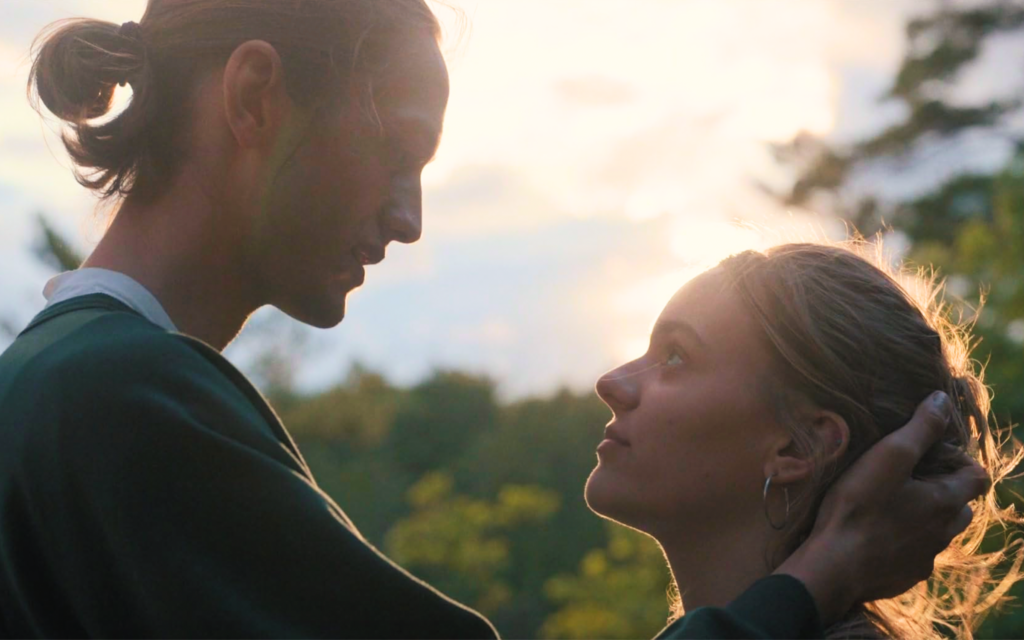
But witnessing her younger self and Chad together, 39-year-old Elliot comes to a bittersweet realization: Her younger self is right. As much pain as she is in now, it was all still worth it. And 10/10, would do again.
As the saying goes, it is better to have loved and lost than never to have loved at all.
In the film’s most emotionally charged moment, the 39-year-old Elliot embraces the lost love of her life in a tearful yet cathartic reunion as her younger self watches on with a quiet, knowing compassion.
Not All Is Lost
Shortly after, the older Elliot gives her blessing to her 18-year-old self to pursue the love she knows will lead to heartbreak—but also to the most transformative experiences and happiest moments of her life.
My Old A*s explores loaded themes, peppered with just enough playful comedy to prevent collapsing under its heavy load. Notably, in the Elliots’ witty back-and-forth, the elder of the two sprinkles in hints of what the future holds for society, such as salmon being extinct and emergency sirens that have become a part of everyday life. Surprisingly, the film’s light hand with these things make it the movie’s comedic relief.
There’s also a hopeful takeaway, delivered through 39-year-old Elliot’s blessing: to live in the moment, free from fear, and with a deep appreciation for the time we share with those we love most. It’s a reminder to take chances, to be vulnerable, savor those fleeting moments, not take them for granted, and understand their preciousness in real time—before we learn the hard way.
And even when the time comes, to not lose touch with the fact that it was still worth it.
Related: The Outrun Might Be 2024’s Most Underrated Movie
This article is for informational purposes only. Trendy Matters has no affiliation with any of the brands or individuals mentioned. The views expressed in this article are solely those of the author. Neither the author nor Trendy Matters receive a commission through any links in this content.
